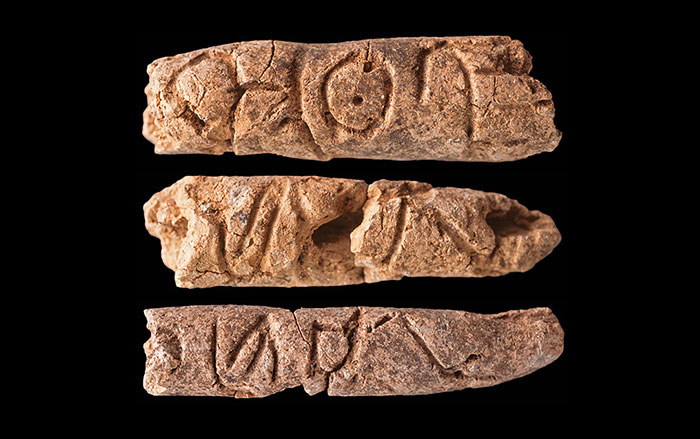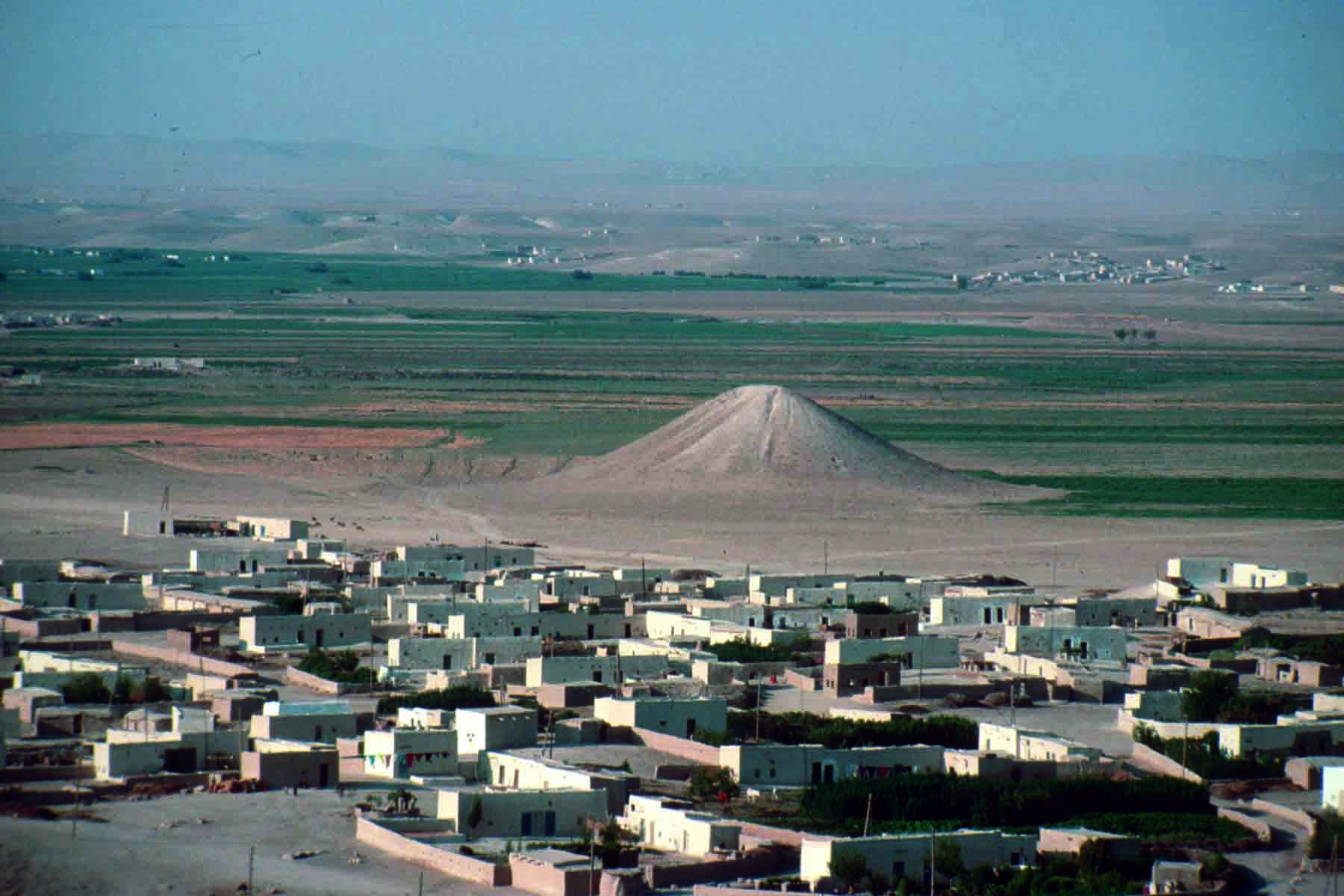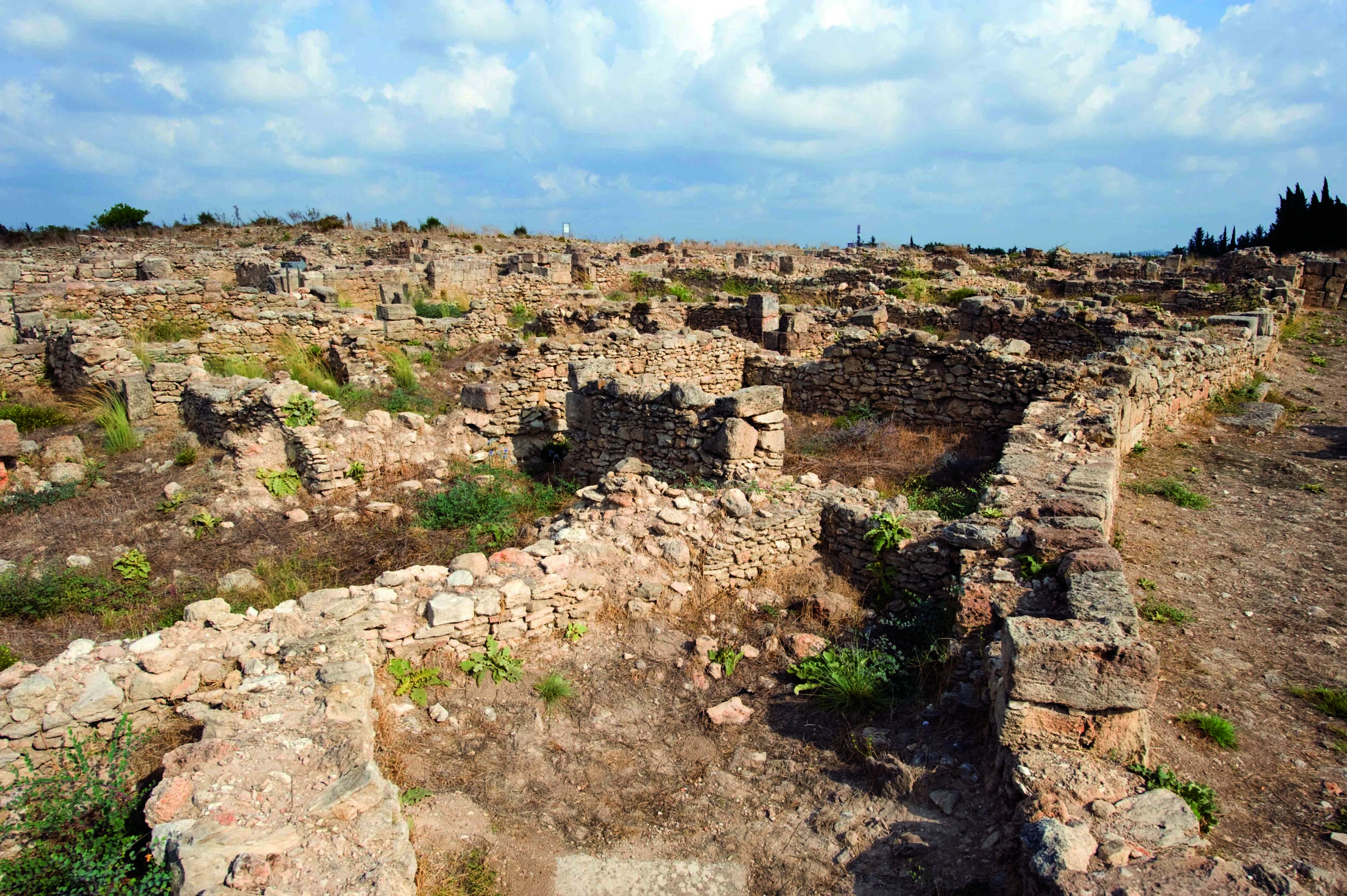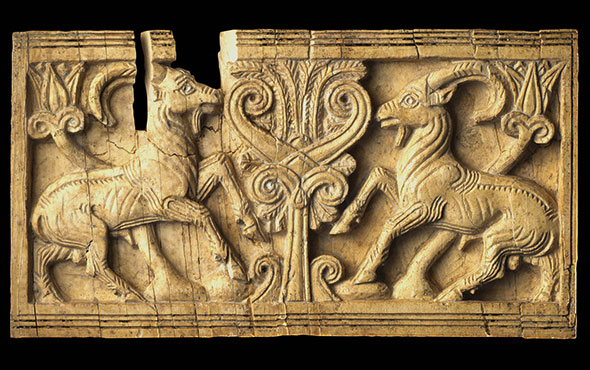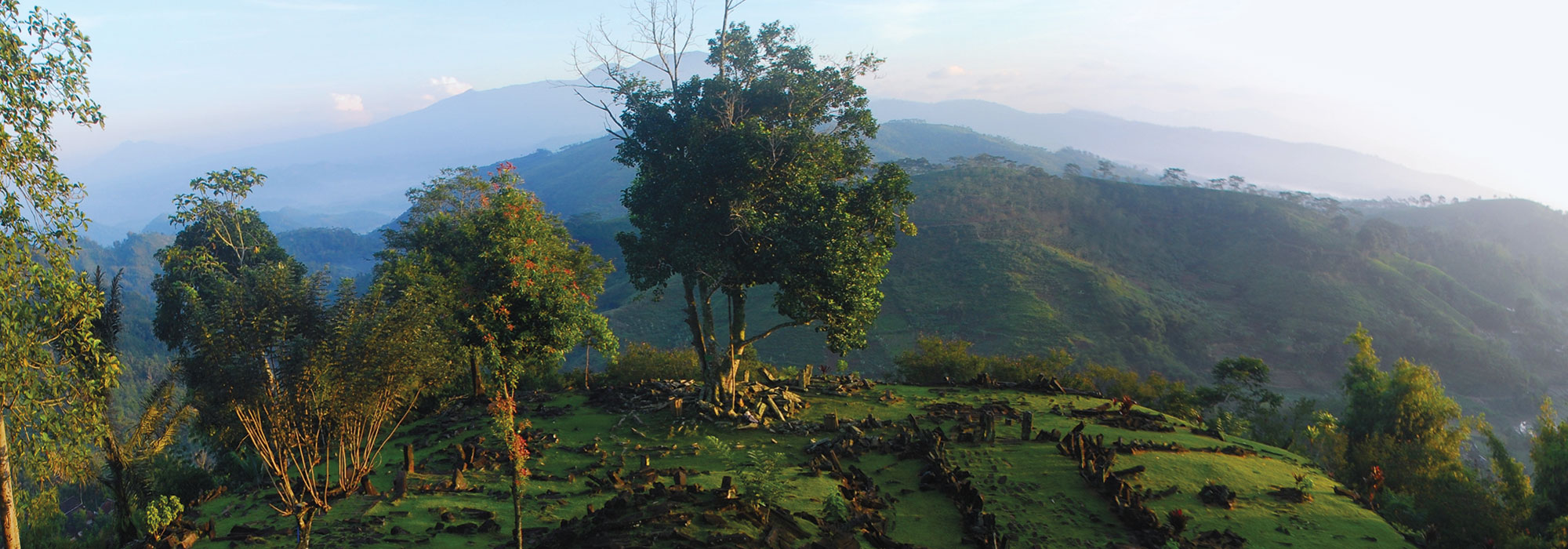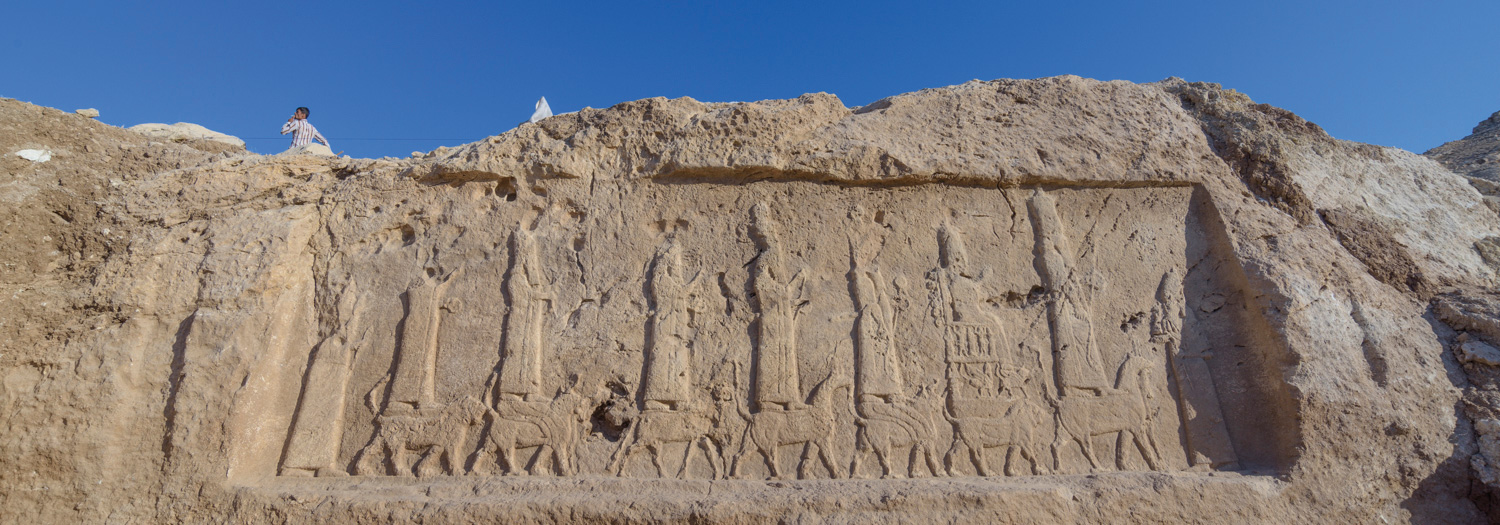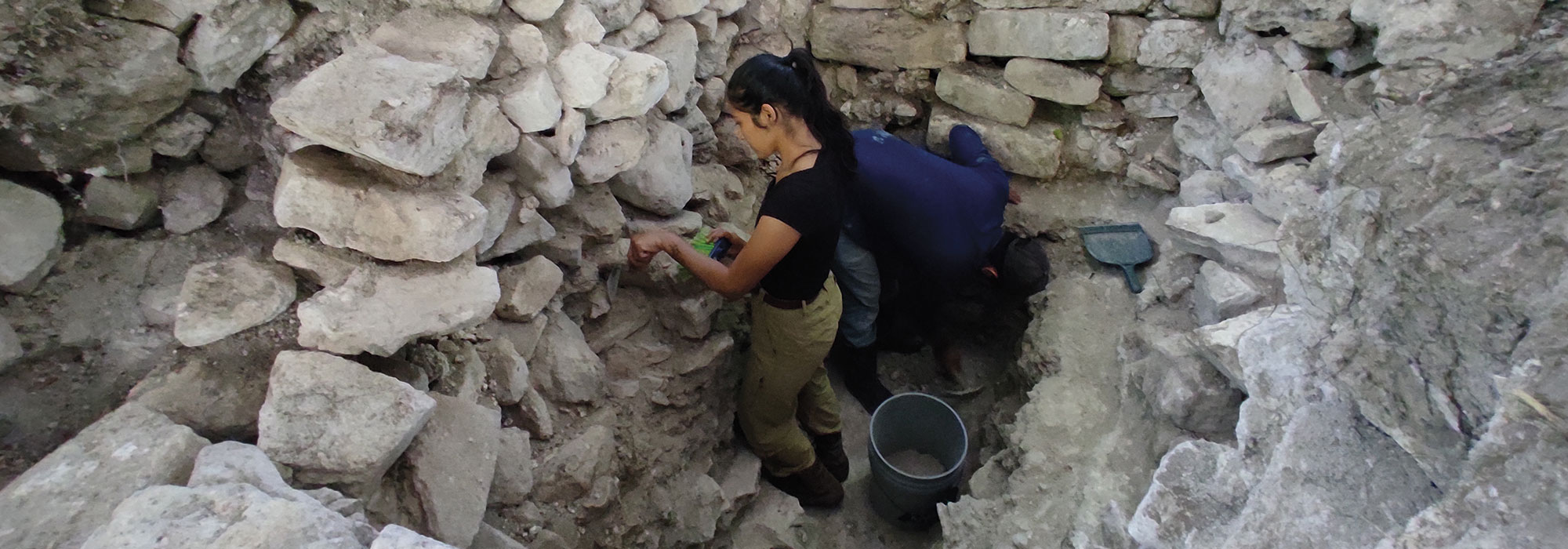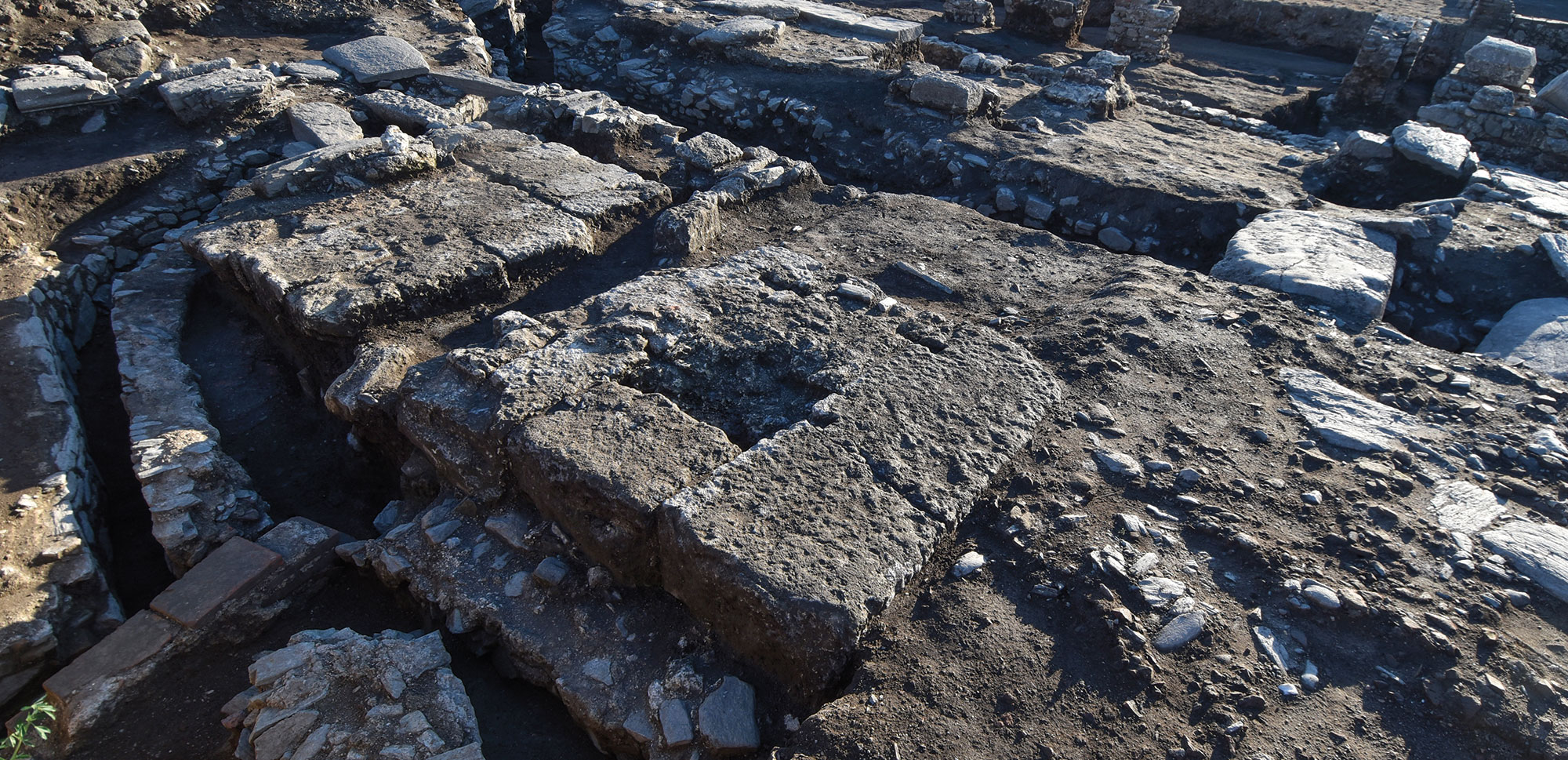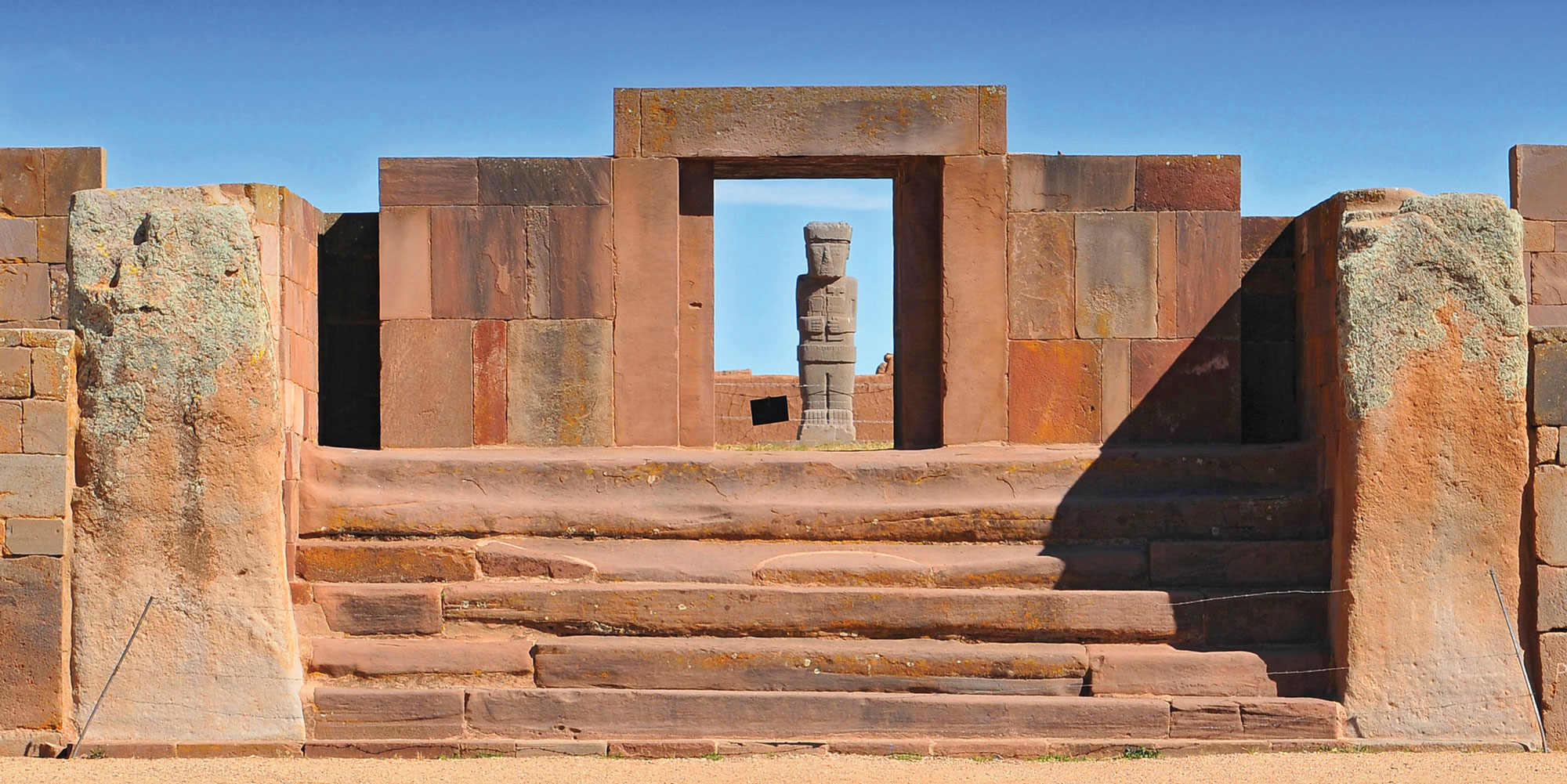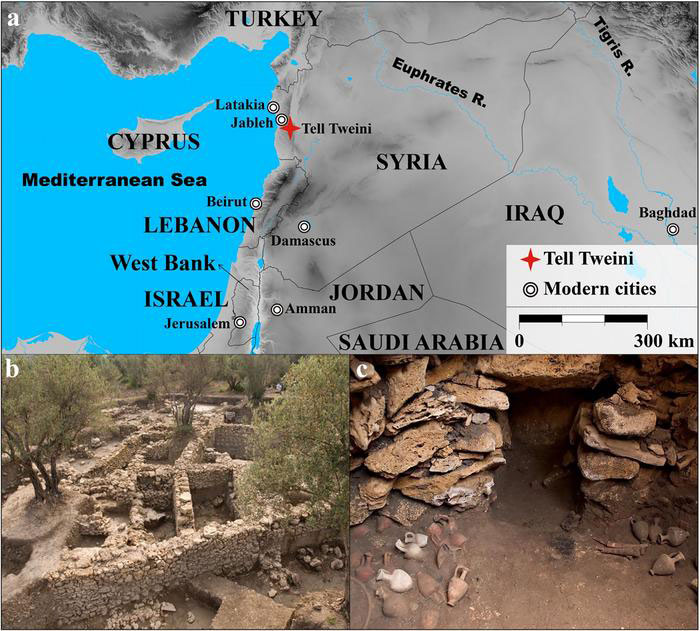
LEUVEN, BELGIUM—According to a statement released by PLOS, Benjamin T. Fuller of the University of Leuven, Simone Riehl of the University of Tübingen, and their colleagues determined that consumption of the so-called Mediterranean diet dates back to the Bronze Age. Isotopic analysis of plant, human, and animal remains recovered from Syria’s site of Tell Tweini allowed the researchers to track the inhabitants’ food production and consumption over time. Low levels of the isotope nitrogen-15 suggests that the residents’ diet between about 2000 and 1600 B.C. consisted mostly of plants, including grapes, grains, and olives. Yet remains of sheep, goats, and cattle were also found, suggesting that they were also occasionally consumed. In addition, grapes at Tell Tweini contained high levels of carbon-13, a natural, stable isotope of carbon, indicating that the plants received enough water and were well cared for over time, the researchers concluded. Read the original scholarly article about this research in PLOS ONE. To read about another recent discovery from Syria, go to "Around the World: Syria."


